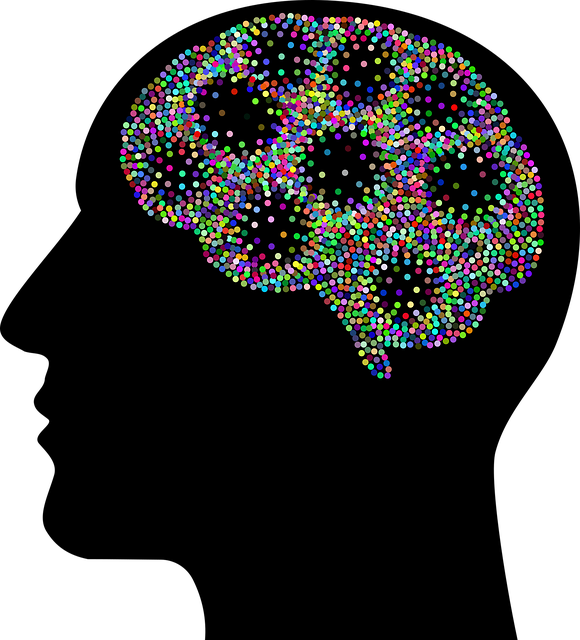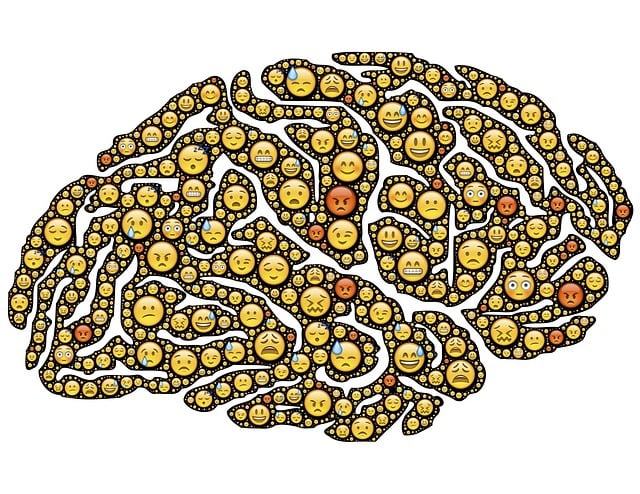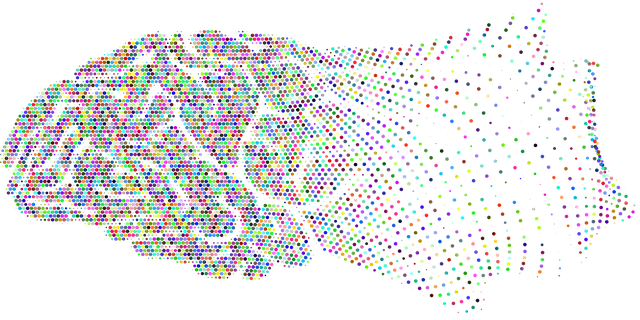Lakewood Chronic Illness Therapy leverages advanced data analysis techniques, including machine learning and qualitative research, to provide personalized mental health care. They collect data through clinical assessments, surveys, and self-reported journals, cleaning and standardizing it for comprehensive analysis. This approach helps identify trends in anxiety, depression, and trauma, enabling tailored interventions like group therapy and mindfulness plans. By integrating compassion cultivation, self-care, and cultural sensitivity, they offer patient-centric care, enhancing therapeutic environments and improving mental health outcomes.
Mental health data analysis is a powerful tool in understanding and improving individual and community well-being. At Lakewood Chronic Illness Therapy, we explore advanced techniques to uncover insights from collected mental health data. From initial data preparation to sophisticated analysis methods, this guide delves into strategies for interpretation and application. By leveraging these approaches, healthcare providers can offer more targeted interventions, ultimately enhancing the support provided at Lakewood Chronic Illness Therapy and beyond.
- Understanding Mental Health Data: Collection and Preparation
- Advanced Analysis Techniques for Deeper Insights
- Interpreting Results: Strategies for Effective Intervention and Support at Lakewood Chronic Illness Therapy
Understanding Mental Health Data: Collection and Preparation

Understanding Mental Health Data is a pivotal first step in any analysis, and for organizations like Lakewood Chronic Illness Therapy, this process begins with data collection. Accurately capturing mental health information requires a multi-faceted approach. Clinical assessments, surveys, and self-reported journals are common tools used to gather insights into individuals’ psychological well-being. These data sources provide a comprehensive view, encompassing symptoms, emotional states, and overall functioning.
Preparation of the collected data is an essential phase where the raw information is transformed into a structured format suitable for analysis. This involves cleaning and organizing the data, ensuring consistency, and handling missing values or inconsistencies. For instance, implementing standardized measurement scales for evaluating mood management or emotional regulation can enhance comparability between different datasets. Compassion cultivation practices, as an emerging therapeutic approach, may also be reflected in these data through specific interventions designed to improve emotional resilience and reduce distress.
Advanced Analysis Techniques for Deeper Insights

In the realm of mental health data analysis, advanced techniques are empowering professionals to gain deeper insights into patient journeys and treatment outcomes. These sophisticated methods extend beyond traditional analysis, incorporating innovative strategies such as machine learning algorithms and qualitative research approaches. By leveraging these tools, mental health practitioners at Lakewood Chronic Illness Therapy can uncover hidden patterns and trends within their patient population. This enables them to tailor interventions with enhanced precision, addressing the unique needs of individuals navigating various challenges, including anxiety, depression, and trauma.
The integration of compassion cultivation practices, self-care practices, and cultural sensitivity in mental healthcare practice has become paramount. These approaches not only enrich the therapeutic environment but also significantly impact data interpretation. By fostering a culture of empathy and understanding, therapists can ensure that the analysis remains patient-centric, capturing the nuances of individual experiences. This holistic perspective is crucial for developing effective strategies that resonate with diverse communities, ultimately improving mental health outcomes in a culturally responsive manner.
Interpreting Results: Strategies for Effective Intervention and Support at Lakewood Chronic Illness Therapy

At Lakewood Chronic Illness Therapy, interpreting results from data analysis is a critical step in developing effective intervention and support strategies. The process begins with meticulous evaluation of collected data, focusing on trends, patterns, and correlations within mental health metrics. By employing sophisticated analytics tools, therapists can identify key indicators associated with improved or worsened patient outcomes. This insights-driven approach allows for tailored interventions that address specific needs, be it group therapy sessions centered around stress reduction methods or individualized plans incorporating mindfulness practices from the Stress Management Workshops Organization.
Through this data-informed process, Lakewood Chronic Illness Therapy ensures that mental health awareness is not just promoted but translated into actionable steps. By continuously refining intervention strategies based on analysis, therapists can foster a more supportive environment, ultimately enhancing patient well-being and recovery outcomes. This strategic approach underscores the therapy center’s commitment to staying at the forefront of evidence-based mental health care.
Mental health data analysis is a powerful tool that, when applied effectively, can significantly enhance support systems like those offered at Lakewood Chronic Illness Therapy. By understanding and interpreting complex data, professionals can develop tailored interventions, ultimately improving patient outcomes. Advanced techniques, combined with a strategic approach to result interpretation, enable healthcare providers to navigate the intricate landscape of mental health, fostering a more compassionate and efficient care environment. This structured process ensures that evidence-based practices are implemented, benefiting individuals seeking support at Lakewood Chronic Illness Therapy and similar facilities worldwide.











